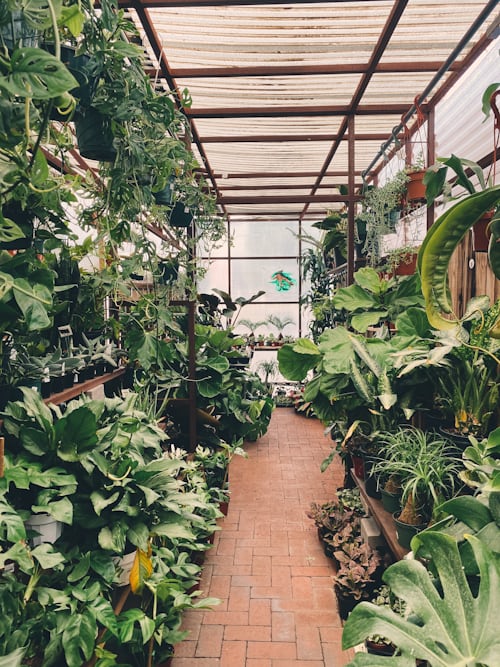What is Ryegrass and Why Should You Consider it For Your Lawn?

Many homeowners want a lush and green lawn that will add curb appeal to their homes. Ryegrass is a fantastic option that has several advantages and is very versatile. Check out what makes ryegrass unique and why it’s an excellent choice for any yard.
The Versatility of Ryegrass
Ryegrass is a type of grass that’s a popular choice for turf, pasture, and hay production. It has a wide range of uses due to its hardiness and fast growth rate. While it’s an essential crop for livestock grazing, it also helps prevent soil erosion by providing ground cover in areas prone to wind erosion.
Ryegrass has grown to be as popular as turfgrass and other recreation grasses because it can withstand wear and tear.
There are two main types of ryegrasses. The first type is annual ryegrass, which only lasts one season and must be replanted yearly. The second option is perennial ryegrass, which returns annually.
Fast-Growing and Low Maintenance
One of the main advantages of ryegrass is its quick germination time. Depending on soil temperature, it typically takes 5 to 14 days for ryegrass seeds to sprout after planting.
Once established, ryegrass requires minimal maintenance compared to other turfgrass types, such as Kentucky bluegrass or tall fescue varieties. With proper watering practices, most ryegrass varieties will stay green year-round without needing additional fertilizer applications during cooler months when growth slows significantly.
Since ryegrass is relatively low maintenance, mowing and other lawn-related tasks are easier to handle on your own, and you won’t have to worry about relying on professional landscaping companies. Ryegrass also produces fewer seed heads which results in less weeding.
Resistant to Disease and Drought Tolerant
Homeowners trying to create the perfect backyard or focusing on improving their landscaping often need help keeping their lawns healthy due to drought conditions, insects, or disease.
Ryegrass has natural disease-resistance properties, making it less susceptible than other turfgrasses when exposed to certain fungal diseases like dollar spot or red thread blight. Having disease-resistant grass means fewer chemical treatments are needed over time, making upkeep more budget and eco-friendly.
Homeowners living in areas where drought is common may benefit from planting ryegrass over other types of turfgrass as it stays green longer even when not watered frequently.
Excellent Option for High-traffic Areas
In addition to being a hardier variety of grass that can handle drought-like conditions and resist disease, ryegrass can also take the wear and tear better than other types of turfgrasses. You can feel comfortable running around and playing on your lawn without worrying about damaging the grass.
Households with pets or backyards with playsets are likely to have high-traffic lawns, and ryegrass works really well for these situations. Once ryegrass is well-established, it can withstand a lot of foot traffic and still look green and healthy.
Cost-effective Option

Another benefit of planting ryegrass is its cost-effectiveness compared with more expensive alternatives, such as sod installation services often used by commercial landscapers. Ryegrass being cost-effective is especially true if you use perennial ryegrass that will return year after year.
Not only does sodding require higher upfront costs but ongoing maintenance fees, such as weeding, mowing your lawn, etc., are factors to consider.
Easy to Plant
Knowing that ryegrass is fast-growing and low maintenance, it’s also important to note that it’s an easy grass type to plant. Ryegrass seed is widely available at local home improvement stores or nurseries and mixes well with other types of grass seed.
Excellent Option for Lawns With Minimal Shade
Lawns with minimal shade trees are more susceptible to drying out and signs of drought-like conditions. Since ryegrass can tolerate direct sun better than other turf varieties, it’s a good choice for lawns without much protection from the sun.
Final Thoughts
A green and healthy-looking lawn is a top priority for many homeowners, but the time and money associated with upkeep are often intimidating.
Whether filling in areas where the grass is sparse or reseeding the whole lawn is necessary, perennial ryegrass is a solid contender. It is fast-growing, retains its green color for longer than many other grass varieties, and can withstand hot weather, drought conditions, and heavy foot traffic.



:max_bytes(150000):strip_icc()/perennial-flower-garden-layout-5219484-hero-98d6bf293bf84f2e9aff39481210681c.jpg?resize=800%2C450&ssl=1)


